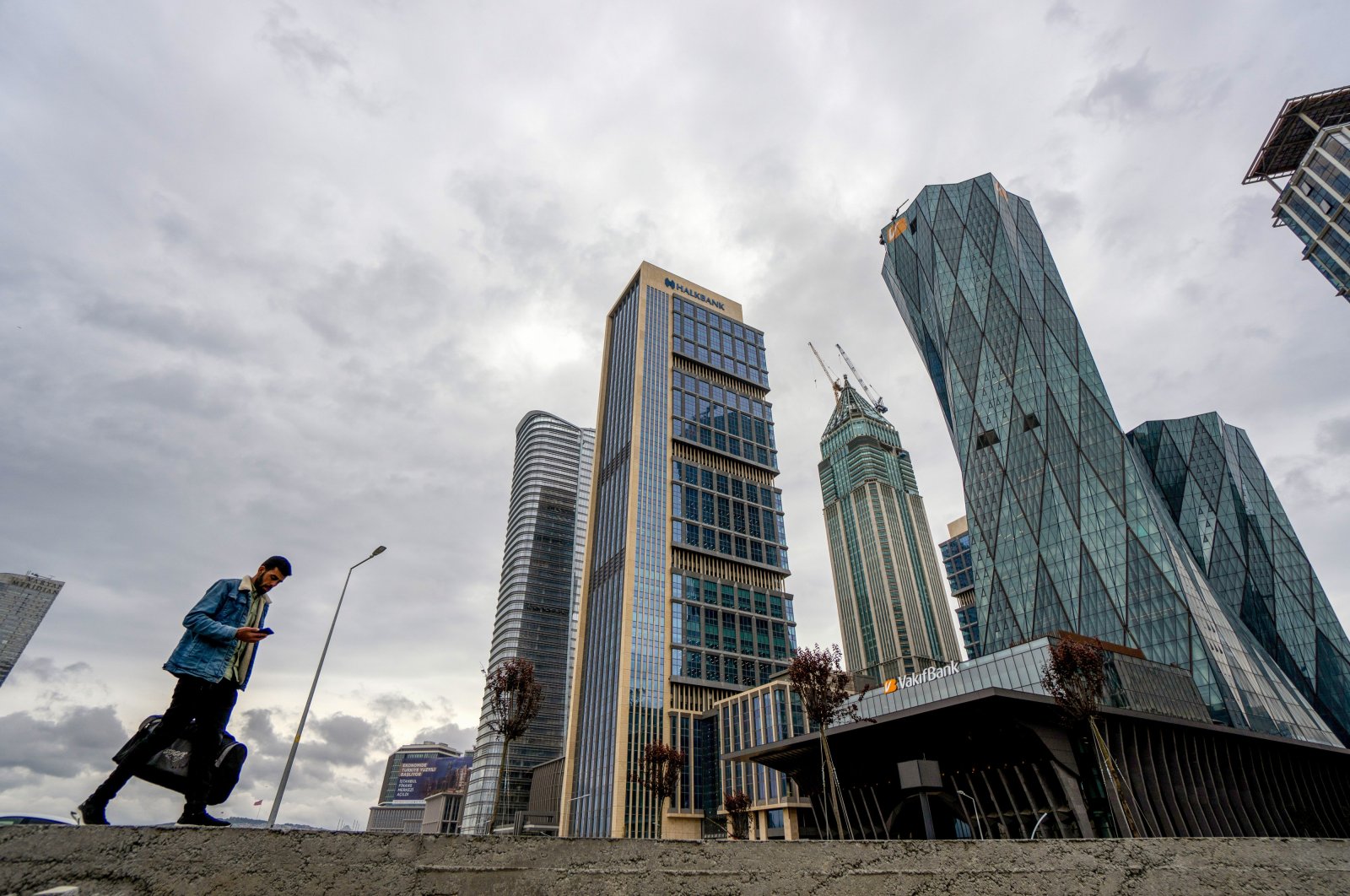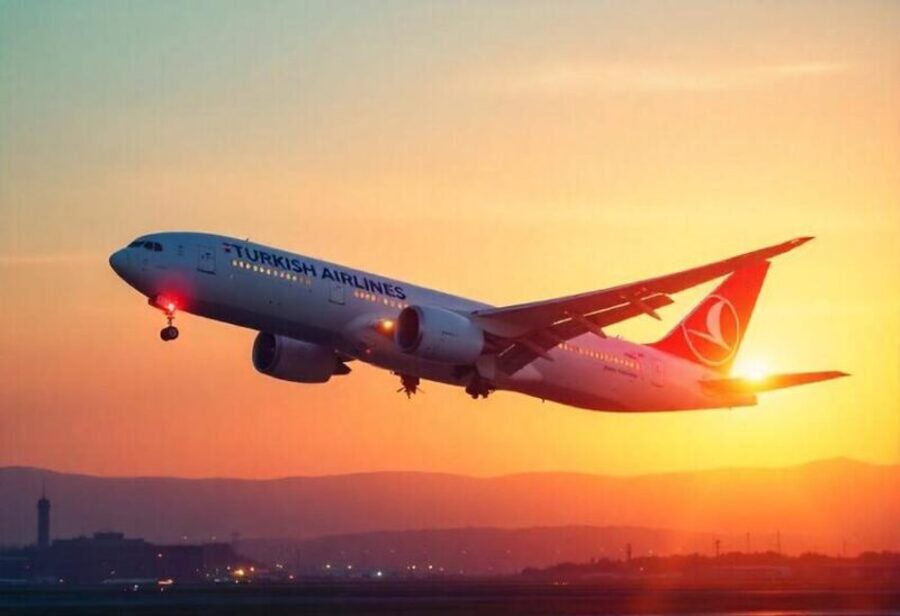Türkiye expects FDI to rise to $12B-14B, automotive financing eyed
Türkiye anticipates foreign direct investment (FDI) to the country to rise to $12 billion-14 billion this year from around $10 billion in 2023, the head of the presidential Investment Office said in an interview on Monday, with automotive and data center investments on the agenda.
Burak Dağlıoğlu said interest from foreign investors had increased after Türkiye’s removal from a so-called “gray list” of financial crime watchdog Financial Action Task Force (FATF) and upgrades in the country’s credit rating.
The country exited the global financial watchdog’s list late in June and received a two-notch upgrade from the credit rating agency Moody’s last month.
The international community and investors have been more keen on Turkish assets since the shift to a more conventional macroeconomic policy framework last year.
Dağlıoğlu in an interview with Reuters said that Chinese companies could make two new automotive factory investments after electric car manufacturer BYD unveiled a $1 billion plant investment in Türkiye in July. A data center investment could also be made by the end of the year, he said.
“We see the second half of this year being more lively in terms of investment,” he said, adding that there were much more positive forecasts for 2025.
FDI in the first five months of this year was $4 billion.
Türkiye received an average of 0.9% of global FDI in the 20 years to 2023 and wants to increase this to 1.5% in the medium term, or some $15 billion-$20 billion per year by 2028, Dağlıoğlu said.
The Investment Office recently published a new four-year FDI road map that also envisages increasing the country’s regional share in FDI inflows to 12%.
Dağlıoğlu, at the time, said the new strategy was prepared by taking into account global trends such as the reshaping of global supply chains, reverse globalization and protectionism trends, macroeconomic uncertainties, climate change and environmental sustainability, digitalization, and regional and national industrial policies gaining weight.
“After a slowdown, FDI has been trending positive again for the last two months,” he said. Investors still want to be sure that inflation is falling, while geopolitical tension has created some uncertainty, he added.
Türkiye’s annual inflation dropped to a nine-month low in July, according to official data, which was shared earlier on Monday.
Chinese investment
Asked about indications that Chinese vehicle manufacturers Chery and SAIC will invest in Türkiye, Dağlıoğlu said talks were “on the right track.”
The two companies have been holding talks with authorities and potential domestic partners.
“We are on the right track. It is going positively,” he said of the ongoing negotiations, saying the timing and nature of the two investments may differ.
He said negotiations are progressing on “greenfield” investments, which, if realized, would be worth at least $1 billion each. Türkiye faces competition for such investments from central and eastern Europe, he added.
Chery Türkiye said in June that it was in talks with ministries regarding factory construction and was “making efforts to carry out production in Türkiye as soon as possible.”
Doğan Trend Otomotiv, the distributor of SAIC’s MG brand in Türkiye, said in June that it was close to signing a memorandum with SAIC to build a Turkish plant for combustion and hybrid cars.
“I am very positive … I would not be surprised if we win both ongoing negotiations,” Dağlıoğlu said.
The country’s industry ministry has unveiled a grant and incentive package with a budget of $5 billion for factory investments with a capacity of at least 150,000 electric or hybrid vehicles.





